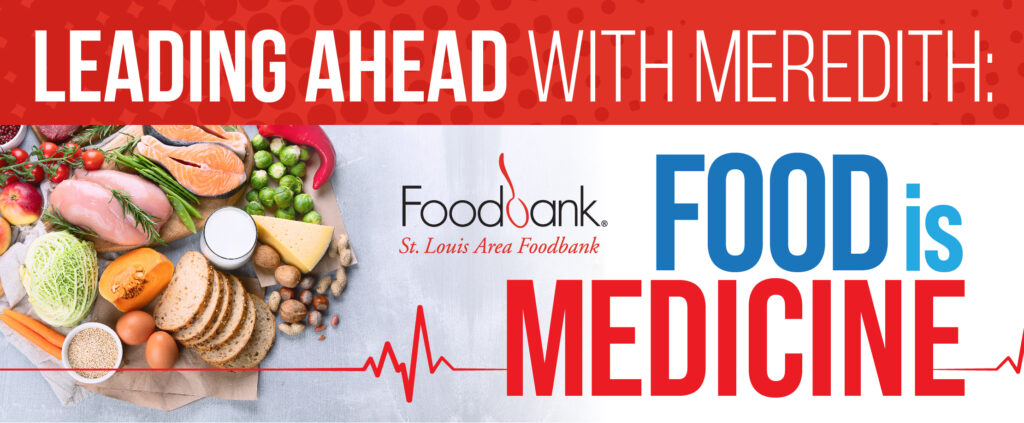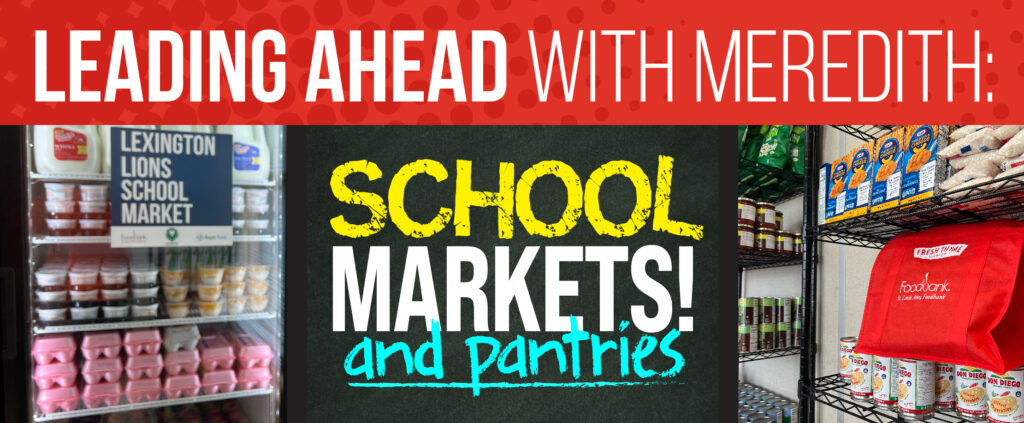 You’ll find Safe Space Commissary in an unassuming looking church (which has a long history) basement in the historic, tightly-knit Ville neighborhood in northwest St. Louis city, next to Sumner High School.
You’ll find Safe Space Commissary in an unassuming looking church (which has a long history) basement in the historic, tightly-knit Ville neighborhood in northwest St. Louis city, next to Sumner High School.
When the pandemic hit, Melanie Forbis of Safe Space realized this newly formed after school program, through The Ville Community Development Foundation, needed to evolve.
They knew that school is often the only source of food for many of the students they work with and this was all of a sudden an issue when everything shut down. Food and educational resources were two of the biggest components Safe Space needed to continue to provide.
They decided to continue to offer educational products to families as much as possible but to deliver them as a large portion of the families Safe Space worked with have no reliable transportation or have immuno-compromised members. But there was more, they also began delivering donations of personal care, cleaning supplies, and staple non-perishable items as well.
“As the need grew we learned about and applied to the Foodbank,” Forbis said. “And they have become our staple throughout this.”

Staying Connected During a Time of Distancing
Unlike most Mobile Markets across our service area, Safe Space delivers the majority of the produce and other items they receive from us instead of most people coming to one designated spot to pick up the food.
In this way, they are able to stay connected to the families they work with, calling them and learning about their needs. The amount of people they assist has grown as word has traveled among the neighborhood about the support.
The volunteers* swoop in on Monday mornings to bring the boxes of food into the air-conditioned building that was brought earlier from the Foodbank. After the lifting and toting they sort through and assemble the food and other items. Starting on Tuesday, the volunteers then deliver the items. “With so much fresh produce we try and deliver everything by Tuesday or Wednesday to keep the quality of the food,” Forbis said. However, not all of the food is delivered. “We also host produce giveaways on Tuesdays in more than one location.”
As many of the people Safe Space works with live in food deserts, they also include information on meal preparation and making healthy food choices.
 Forbis shared that what they’re doing is, “more than just bringing food. We check up on our people. They feel seen and heard. A lot of our people are in the shadows of the greater society.”
Forbis shared that what they’re doing is, “more than just bringing food. We check up on our people. They feel seen and heard. A lot of our people are in the shadows of the greater society.”
Forbis continued, “Even under COVID, they know they have a family.”
As time goes on, many of their volunteers have been able to go back to work so more volunteers are always welcome.

